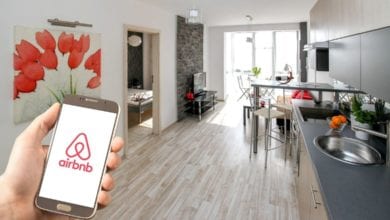Features
DIY Hotel – Giving guests the reins

There is increasing concern in many industries about the pervasive effect of technology on human interactions, or the lack thereof. Some predict – and not unreasonably, in the light of hotels exploring AI and virtual concierges – that one day the need for human interaction in hotels will no longer be required.
You'll need to
subscribe to unlock this content. Already subscribed? Login?







